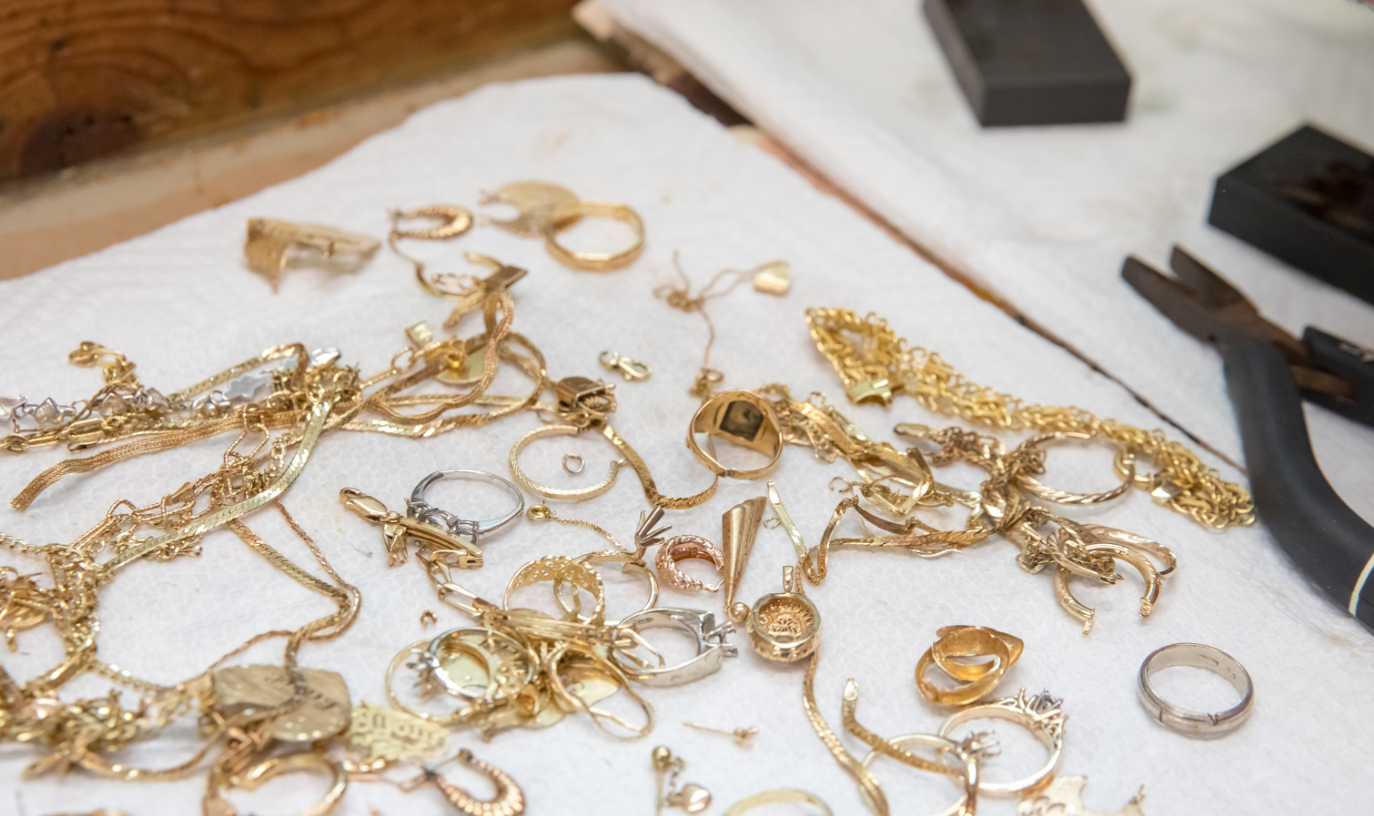The Value of Recycled Gold in the Jewellery Industry

In a world increasingly conscious of sustainability and environmental impact, the jewellery industry faces growing scrutiny over its sourcing practices. One solution gaining traction is the use of recycled gold. This article explores the significance of Recycled Gold in the Jewellery Industry, its benefits, challenges, and the evolving consumer attitudes towards sustainable jewellery.
1. The Environmental Imperative
Mining’s Ecological Footprint
The traditional method of sourcing gold through mining has significant environmental consequences. From deforestation to water pollution, mining operations leave a lasting mark on ecosystems.
Climate Change Concerns
Moreover, mining contributes to greenhouse gas emissions, exacerbating climate change. The carbon footprint of gold mining is substantial, driving the need for more sustainable alternatives.
2. The Rise of Recycled Gold
A Greener Alternative
Recycled gold offers a solution to these environmental challenges. By repurposing existing gold, it reduces the demand for new mining, thereby lowering ecological impact.
Supply Chain Transparency
Furthermore, recycled gold promotes transparency in the supply chain. Consumers increasingly demand traceability, wanting assurance that their jewellery does not contribute to environmental degradation or human rights abuses.
3. Economic and Social Benefits
Supporting Artisanal Miners
Recycled gold can also benefit artisanal miners in developing countries. By reducing the demand for newly mined gold, it lessens the pressure on these vulnerable communities while providing an additional revenue stream through gold recycling programs.
Economic Viability
Additionally lab diamonds, recycled gold presents a viable economic opportunity. As the circular economy gains momentum, businesses that embrace sustainable practices stand to gain a competitive edge.
4. Consumer Perspectives
Shifting Preferences
Consumer attitudes towards jewellery are evolving. A growing segment of the market seeks products aligned with their values, including sustainability and ethical sourcing.
Ethical Considerations
For many consumers, the origin of materials matters as much as the design itself. Recycled gold appeals to individuals who prioritize ethics and environmental stewardship.
5. Challenges and Future Outlook
Quality Concerns
One challenge facing Recycled Gold in the Jewellery Industry. Consumers expect the same level of excellence in recycled jewellery as they do in traditional pieces, necessitating stringent quality control measures.
Industry Collaboration
Addressing these challenges requires collaboration across the jewellery industry. From refining processes to certification standards, stakeholders must work together to establish best practices for recycled gold.
Conclusion:
The Recycled Gold in the Jewellery Industry, grappling with the dual imperatives of innovation and sustainability. Recycled Gold in the Jewellery Industry, aligning economic viability with environmental responsibility. As consumer awareness continues to grow, the demand for sustainable jewellery will only intensify. By embracing recycled gold, businesses can not only meet this demand but also lead the industry towards a more ethical and environmentally conscious future.
Recent Posts
 What are Some Common Mistakes to Avoid While Trimming Your Beard?
What are Some Common Mistakes to Avoid While Trimming Your Beard? A Guide to Updating Your Skincare Routine for Summer
A Guide to Updating Your Skincare Routine for Summer 5 Things To Keep In Mind When Ordering From A China Hair Factory
5 Things To Keep In Mind When Ordering From A China Hair Factory Why Moisturising Your Hands Is So Important?
Why Moisturising Your Hands Is So Important? What Is Your Curl Pattern Type, And How Do You Deal With It?
What Is Your Curl Pattern Type, And How Do You Deal With It? Dermal Fillers: What Are Dermal Fillers, How Are They Used, And Who Uses Them?
Dermal Fillers: What Are Dermal Fillers, How Are They Used, And Who Uses Them? How Filorga Optim Eyes Works
How Filorga Optim Eyes Works Reverse Balayage: A Low Maintenance Cost For Beauty in Winter
Reverse Balayage: A Low Maintenance Cost For Beauty in Winter Shape the Brows with efficient Eyebrows Tinting
Shape the Brows with efficient Eyebrows Tinting Different Types of Hair Extensions
Different Types of Hair Extensions
